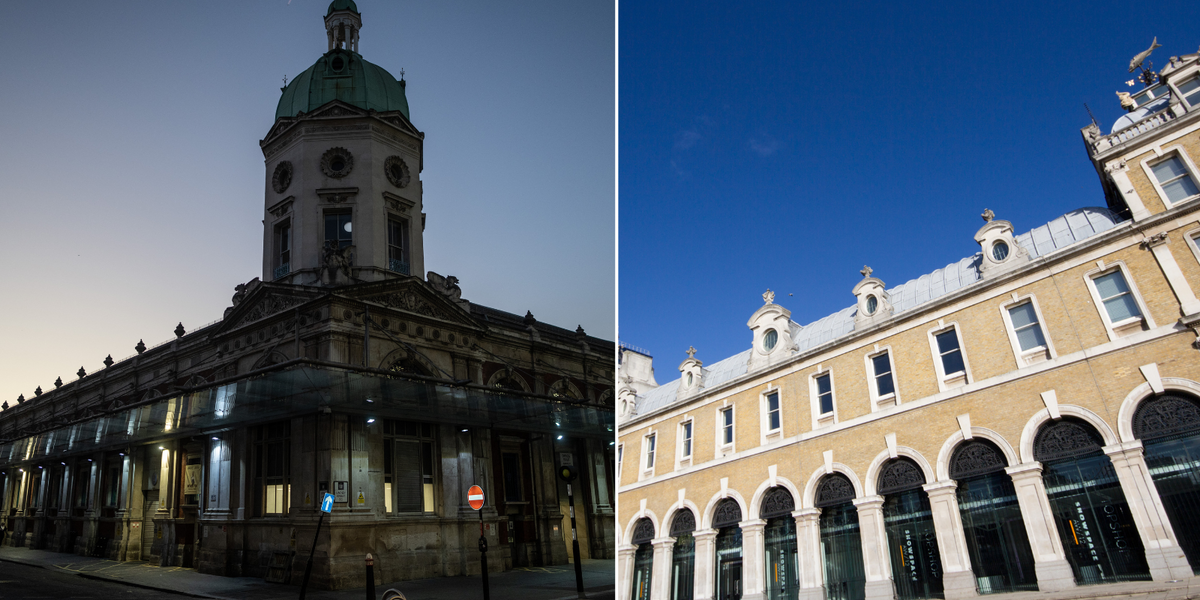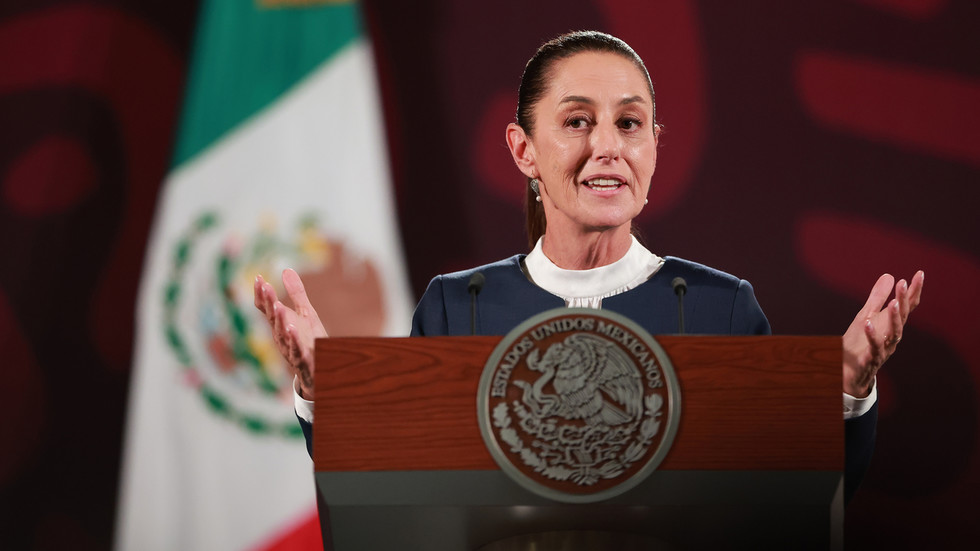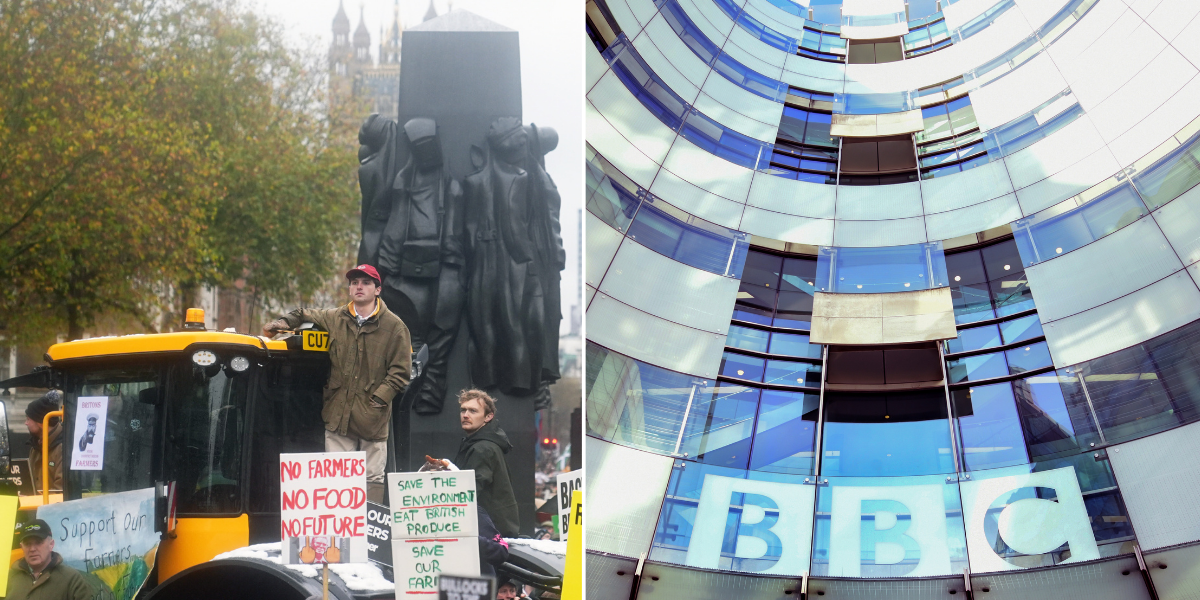MK Dan Illouz challenges his party on haredi IDF draft policy and pushes for international policy shifts against UNRWA and Hamas-backed influences.
By ELIAV BREUER NOVEMBER 14, 2024 18:36 MK Dan Illouz poses for a picture at the Knesset, the Israeli parliament in Jerusalem on July 30, 2023.
(photo credit: YONATAN SINDEL/FLASH90)
MK Dan Illouz poses for a picture at the Knesset, the Israeli parliament in Jerusalem on July 30, 2023.
(photo credit: YONATAN SINDEL/FLASH90)
MK Dan Illouz made headlines recently after coming out publicly against a government initiative to block a sanction intended to cause more ultra-Orthodox (haredi) men to enlist for IDF service.
Illouz, a rookie MK in the governing Likud party, paid a price for speaking out against the party line – he was removed for approximately half a year from two important Knesset committees, the Foreign Affairs and Defense Committee (FADC) and the Economics Committee.
In an interview in his office in the Knesset in Jerusalem, he said he did not regret his actions despite knowing fully well that there would be consequences.
He explained that the security challenges Israel faces and will continue to face in the foreseeable future require the "total opposite" of a prior policy of shrinking the size of the IDF.
Put simply, the IDF needs more soldiers – and a lot of them. This can be obtained to some extent by increasing the burden of reserve duty, extending the reserve cutoff age, and lengthening mandatory IDF service – steps that Illouz said must be taken immediately.
But these are not enough – reality dictates that there must be a "tectonic" shift in the haredi draft to the IDF, Illouz said.
According to Illouz, the only way to make this happen is to enact personal sanctions against eligible haredi men who refuse to report for service.
A number of such sanctions already apply – including the cutting off of state-subsidized daycare for children of haredi men who are avoiding the draft.
Illouz said that he could not support the government's proposal to remove this sanction without it being part of a broader new arrangement that would lead to a significant increase in haredi draftees.
Illouz was one of the only MKs in the Likud, and in the entire coalition, to speak publicly against the bill proposal, known as the "Haredi Daycare Bill."
Stay updated with the latest news!
Subscribe to The Jerusalem Post Newsletter
The bill was eventually removed from the Knesset plenum agenda out of a concern that it would not pass even a preliminary vote.
Illouz said that while few spoke out publicly, it indeed was not clear whether the bill would have passed its preliminary vote, all the more so whether it would have passed all three further votes in the plenum.
Illouz, however, said that he did not support former Defense Minister Yoav Gallant's condition that a haredi draft bill pass with the support of the National Unity led by MK Benny Gantz.
'A horrible mistake'
This was a "horrible mistake" since the opposition's real purpose was to bring down the government, and Gantz and his fellow party member, MK Gadi Eisenkot, would not have supported any bill brought by the coalition, Illouz claimed.
He added that he was not an opponent of Gallant but that from this perspective, Gallant's replacement with Yisrael Katz served as an "opportunity" to create real change.
According to Illouz, the fact that very few haredim responded to recent batches of IDF draft orders proved that the only way to actually make more haredim join the army was to come to an agreement with their representatives and pass a new bill that reflected that agreement.
Haredi politicians have demonstrated in recent months an unwillingness to compromise enough so that such a bill would meet constitutional requirements of equality.
However, according to Illouz, the attitudes of the haredi representatives and the haredi "street" changed after October 7, and more were willing to consider a change.
Asked whether there was a real chance to reach an agreement that would meet both haredi demands and IDF requirements, Illouz said that he "was not sure" but that the government "had to try." In any case, Illouz stressed that the change would need to be gradual and would take time
In addition to the haredi draft, another thing that will take time, according to Illouz, is the end of the war in Gaza.
Asked whether or not the war in Gaza was nearing its end, Illouz said that as long as Hamas maintained power in the Strip, other forces could not take control, including other Arab countries that have expressed willingness to become involved in the administration of the Strip once the war is over.
According to Illouz, foreign countries would only agree to enter the Strip if Hamas was no longer a threat, which Israel has yet to achieve.
This could take months, or even more – Illouz compares the situation to the West Bank post-Operation Defensive Wall, where it took years of "mowing the lawn" with constant anti-terror operations before the situation came under control.
Illouz said he was not aware of foreign countries' conditioning their agreement to enter the Strip on some form of Israeli agreement to future Palestinian statehood.
In fact, according to Illouz, there were some countries who expressed reservations over the involvement of the Palestinian Authority in the Strip and preferred that the PA remain uninvolved.
Israel could also not declare the war in Gaza over until the hostages being held by Hamas were returned, Illouz said.
Illouz is a co-author of a recent law that banned any Israeli interaction with the United Nations Relief and Works Agency, or UNRWA, due to some of its members' involvement with Hamas in general and the October 7 massacre in particular.
A number of international bodies and countries opposed the bill both before and after it passed in the Knesset, with many arguing that it could negatively affect Israel's ability to enable humanitarian aid and health and education services to Palestinians in Gaza, the West Bank, and east Jerusalem.
According to Illouz, however, the countries' opposition mainly came in the form of declarations – but not in practical actions.
This proved that sometimes when Israel stands up to international pressure and follows through with a policy decision, the pressure then crumbles, and the international community accepts the policy as a fact on the ground.
This was the case with the law against UNRWA, Illouz argued.
The bill grants a 90-day organization period before it comes into effect, and international bodies and countries have already begun "showing signs" that they would cooperate in the effort to replace UNRWA's responsibilities with agencies that were not "terror supporters."
Illouz refused to detail what these "signs" were but outlined a difference between east Jerusalem and the other territories.
East Jerusalemites are Israeli residents and eligible for all municipal services. According to Illouz, a former member of the Jerusalem city council, the municipality has long wanted to take over UNRWA's activities in east Jerusalem, especially in education, but was not able to. The new law will enable this change, he said.
In Gaza, Illouz said that humanitarian aid must now be based on alternative agencies such as the UNHCR, UNICEF, and the World Food Organization.
Illouz, 38, was born in Montreal to Moroccan immigrants. He settled in Israel in 2009 after earning a law degree at McGill University.
He served in the IDF, worked as a lawyer in a number of capacities and in a number of managerial roles in other organizations, and was a member of the Jerusalem City Council between 2018-2021. He entered the Knesset in January 2023.
Illouz said that his background informed his public service in two central ways.
The first is his sense of purpose.
Coming to Israel with purpose
Illouz stresses that he made Aliyah willingly, out of Zionism – leaving behind a promising career. He described his service in the Knesset as a "gift" and as something that was "not to be taken for granted."
His political future and coalition stability were important, but the sense of purpose that brought him to Israel was more important – and was also what brought him to speak out publicly against his party line and against the government on the haredi IDF service issue.
The second advantage of his background was his ability to connect both by language and culture to people from other countries.
Illouz speaks English, Hebrew, and French. He can connect culturally with North Americans and Europeans, but also to people from North African countries due to his Moroccan background, and even from Arab countries for the same reasons.
This gave him abilities to conduct international dialogue and influence.
This came in handy at a recent convention of the Inter-Parliamentary Union (IPU), an international body that brings together parliamentarians from 180 countries.
Illouz led a delegation of four MKs from the coalition and opposition.
By working "wisely," the delegation succeeded in staving off a resolution that would have required the Knesset to report monthly to the IPU on "war crimes" (Illouz made a hand motion stressing the quotation marks).
Illouz explained that this was important for two reasons. First, it prevented parliamentarians, some of them in senior positions, from "importing" the damning resolution to their own countries.
Second, Illouz claimed that the IPU was a "testing ground" for the Palestinian delegation to test anti-Israel resolutions before attempting to bring them to more formidable international institutions.

 By The Jerusalem Post (World News) | Created at 2024-11-14 17:15:07 | Updated at 2024-11-27 09:51:36
1 week ago
By The Jerusalem Post (World News) | Created at 2024-11-14 17:15:07 | Updated at 2024-11-27 09:51:36
1 week ago








